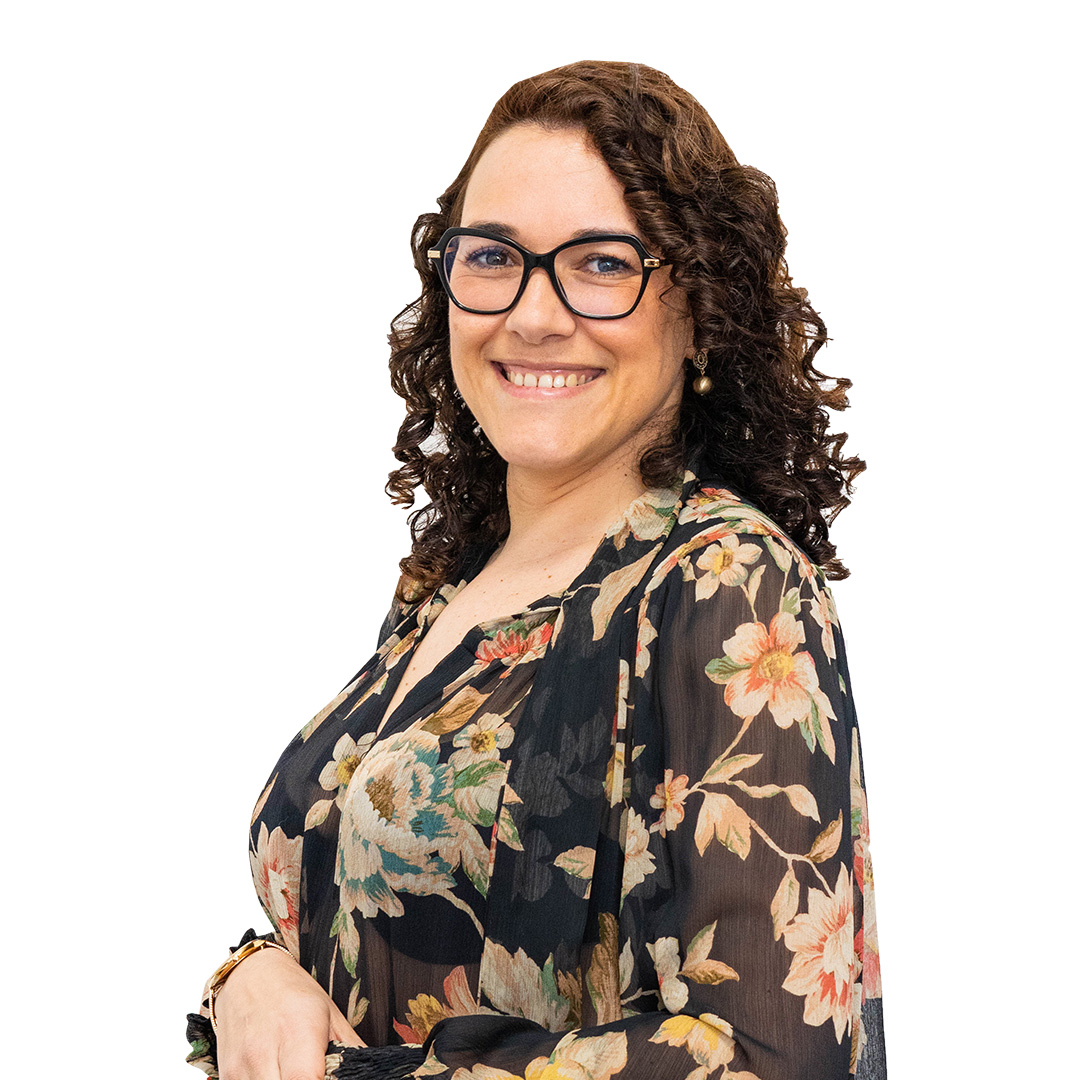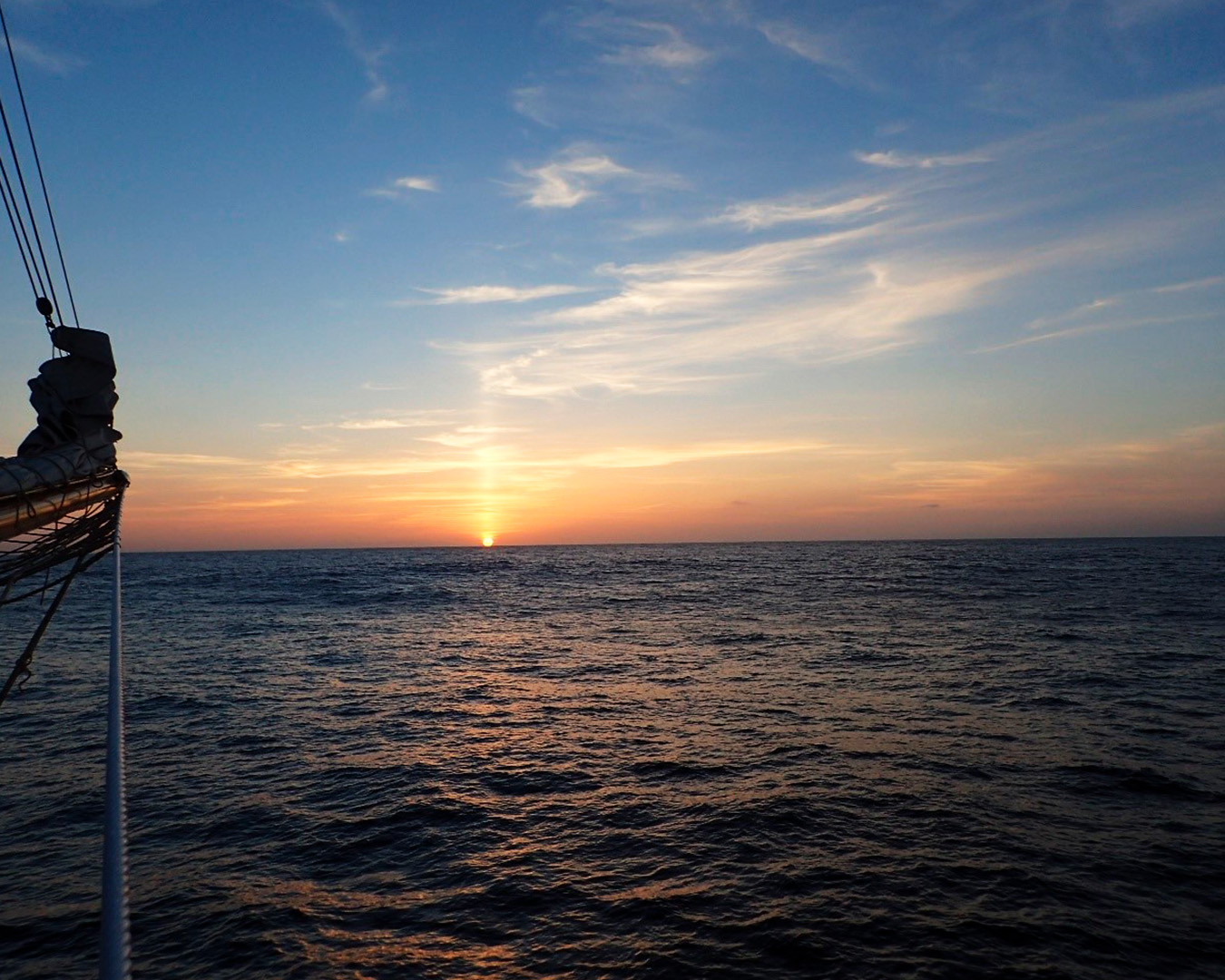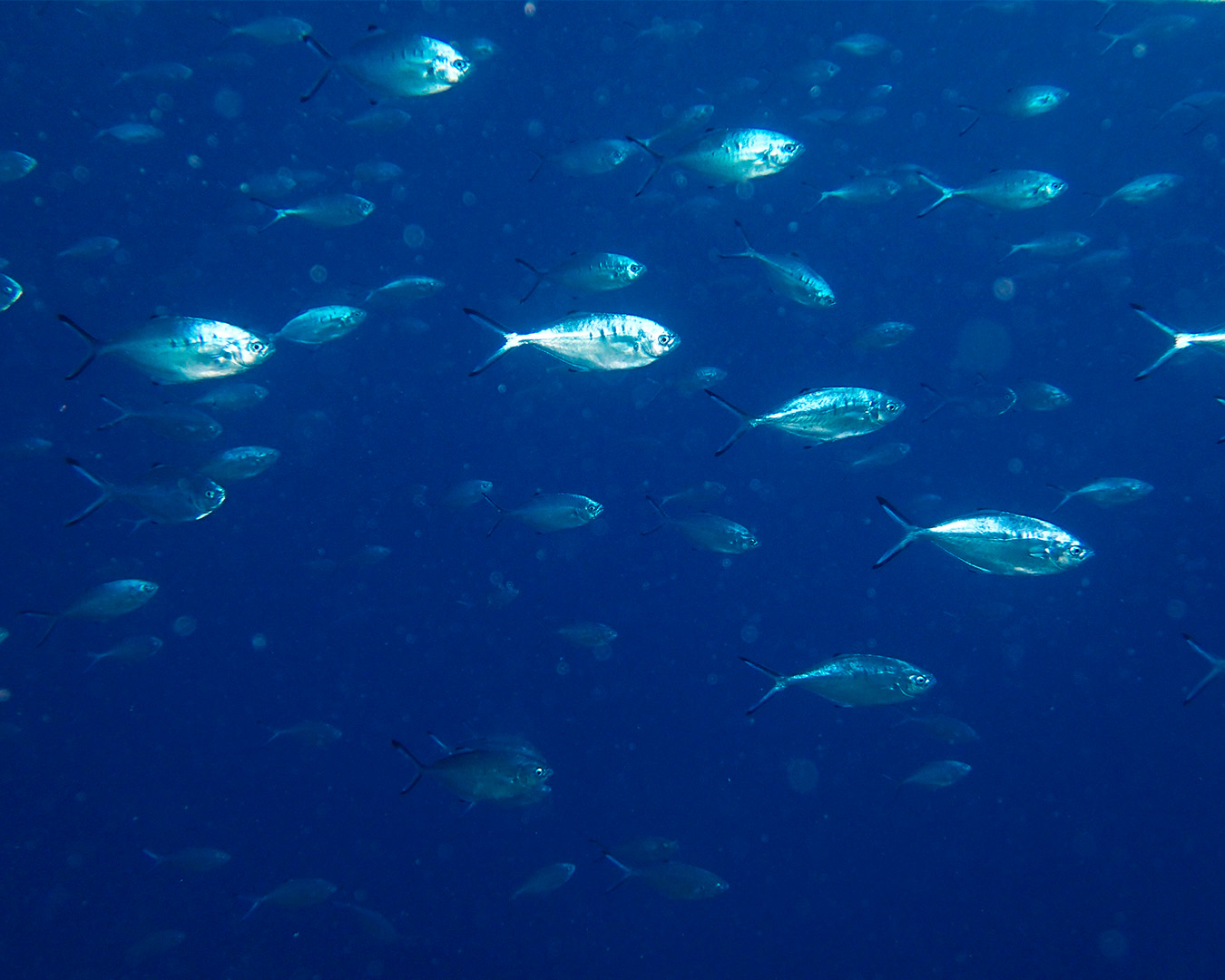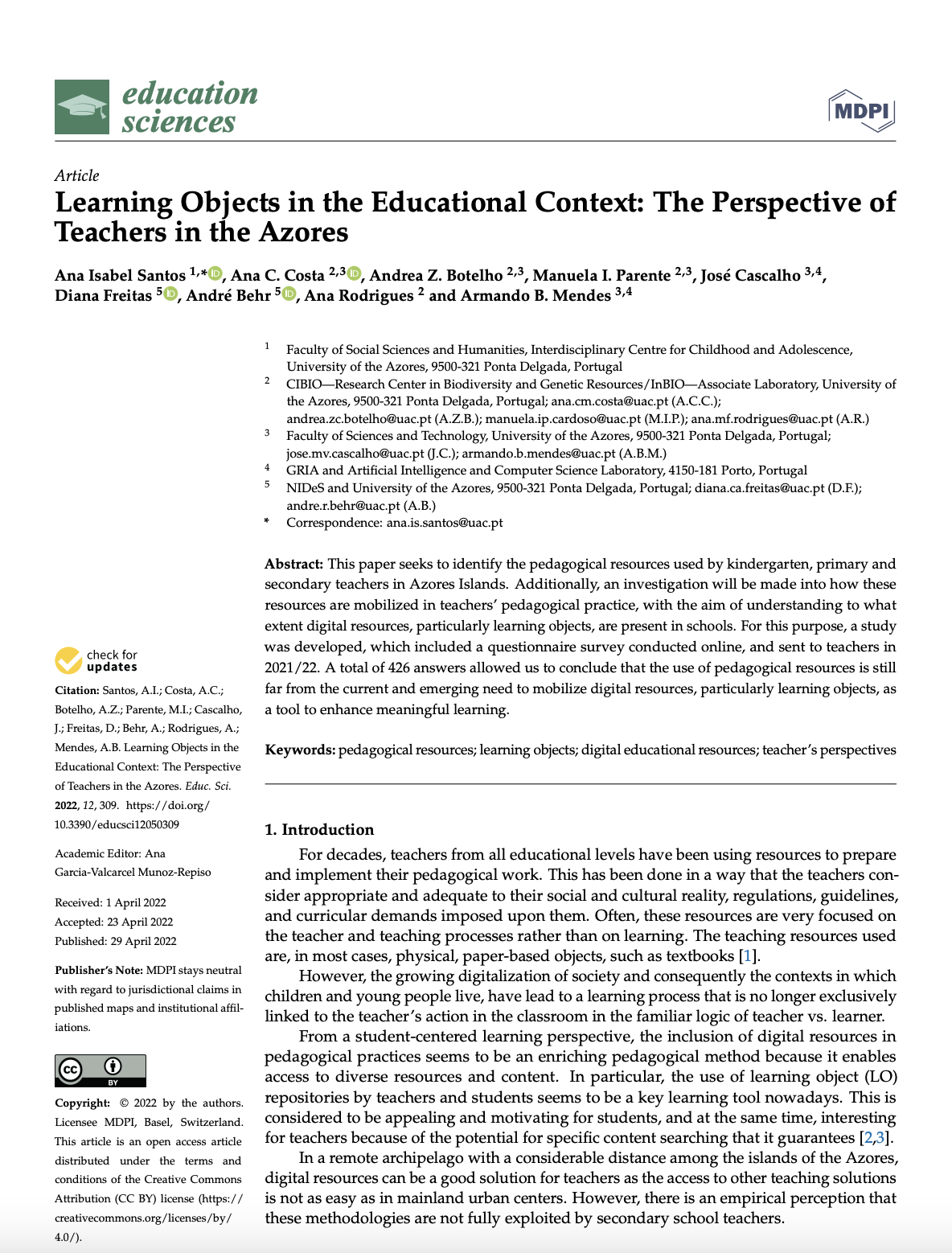
| Acronym: | SEA-THINGS |
| Cost Center: | 857 |
| Operation Code: | ACORES-01-0145-FEDER-000110 |
| Title: | SEA-THINGS - Learning Objects to Promote Ocean Literacy |
| Start-End: | 01-04-2019 - 30-06-2023 |
| Entidade Beneficiária Principal: | Fundação Gaspar Frutuoso |
| Gestores da FGF: | Lúcia Cláudio |
| Responsible Researcher: | Armando Brito Mendes |
| Organic Units: | FCT - Faculdade de Ciências e Tecnologia |
| R&D Units: | NIDeS - Núcleo de Investigação e Desenvolvimento em e-Saúde |
| Entidade | Montante |
|---|---|
| Total Eligible Cost | 187.496,58 € |
| Direção Regional da Ciência e da Tecnologia (15.0 %) | 28.124,49 € |
| PO Açores 2020 - FEDER (85.0 %) | 159.372,09 € |
Main Objectives:
The seaThings project aims to increase quality scientific production oriented towards smart specialization, leverage literacy about the sea and the marine environment in schools, science centers and society in general, making scientific dissemination content available on the web, added by researchers, teachers, students and science disseminators to a repository of learning objects created by the project. Supported by the OBBA standard (Vicari 2010), this project ensures techniques based on artificial intelligence to support the search for learning objects, registration and authorship of new objects, creating a federation of repositories (FED-seaThings), becoming a powerful tool for learning and sharing.
To achieve this goal, the project:
(i) uses state-of-the-art technologies in the implementation and maintenance of a Learning Object Repository (ROA) to ensure the registration and visibility of content and its lifecycle, providing also artificial intelligence tools, such as intelligent search engines, design tools and adapted interfaces;
(ii) uses and disseminates knowledge about the marine environment with the contribution of local experts, schools and other educational institutions linked to the project and bringing together different resources from previous initiatives or related projects still active;
(iii) provides Learning Objects (LOs) for different levels of education. As the participation of schools and science centers will contribute to filling in the ROA, there are no restrictions on the level of LOs produced, although the identification of the LO's target audience is added to the metadata;
(iv) participates in a federation of repositories related to the marine environment and marine affairs using interfaces suitable for different users and supporting a collaborative interaction between users and authors.
Project Description:
The SeaThings project aims to promote ocean literacy through the active involvement of researchers from different universities, schools and science centers in the region, in creation of Learning Objects (LO) about the oceans and making them available on the web in open access repositories. Using artificial intelligence technologies, tools will be developed to support research, creation and management of LOs.
The Learning Technology Standards Committee uses a standard for Learning Objects (IEEE Standard 1484.12.1) defined as any entity, digital or non-digital, that can be used for learning, education or training. This definition is complemented by the following main features: reusable - a single learning object can be used in multiple contexts for multiple purposes; self-sufficient - each learning object can be taken independently; aggregation - learning objects can be grouped into larger collections of content, including traditional course structures; metadata - each learning object has descriptive information that allows it to be easily found by a search.
Based on the IEEE LOM standard, a new OBAA (Agent-based Learning Objects) standard has been proposed extending metadata (Vicari 2010), to add support for multiple platforms (such as TV digital and mobile device platform), allowing the construction of interoperable learning objects; to include new fields in education that promote collaborative experience in the use of LOs; to add accessibility, covering most requirements for the use of different devices for citizens with special needs; and, finally, adding segmentation information, making it possible to index segments of a learning object by subjects, highlights or activities (Athanasiadis, 2010).
Vicari R.M., Ribeiro A., da Silva J.M.C., Santos E.R., Primo T., Bez M. (2010) “Brazilian Proposal for Agent-Based Learning Objects Metadata Standard – OBAA ” In: Sánchez-Alonso S., Athanasiadis I.N. (eds) “Metadata and Semantic Research” MTSR 2010. Communications in Computer and Information Science, vol 108. Springer, Berlin, Heidelberg
Results:
You will get the following results:
- A repository with open access Learning Objects integrated in a federation;
- A set of authors available to develop learning objects and register them in the repository and a community of system users;
- A set of intelligent tools to help the authoring process, namely capable of analyzing the description of LOs and proposing a cataloguing.
- A recommendation system to help registered users cover different topics for a full understanding of the different dimensions of ocean literacy, supported by a multi-agent system.
- Time analysis of used LOs will provide data on federation search engine usage and LO usage, as well as the number of new LOs to be added to the repository .
- In addition to the active participation of schools and science centers, it is estimated the publication of at least 6 articles in a journal and 6 national and international communications and the creation of two prototypes of technology applied to Artificial Intelligence.
Team
| Nome | Category | Start | Termo |
|---|---|---|---|
| André Rolim Behr | Técnico Superior | 06-10-2020 | 30-04-2023 |
| Diana Catarina Antunes da Silva Freitas | Técnico Superior | 01-12-2021 | 30-04-2023 |





